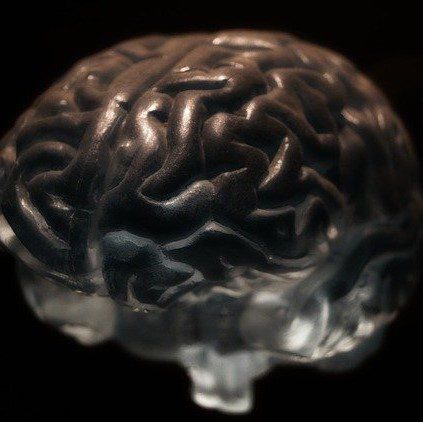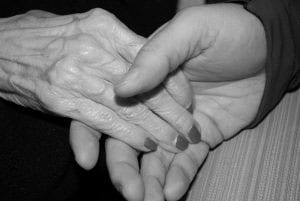When we ‘do the math’ it adds up to the novel AMT-130 gene therapy receiving positive results from uniQure’s clinical trial investigating a small group (N=4) of individuals who were administered the drug at a low dose.
According to a recent article in HD BUZZ, AMT-130 is unique in that it is a gene therapy that lowers Huntington’s (HTT) and is delivered through brain surgery.
Last month the news was positive. UniQure released news that indicated AMT-130 was well tolerated and safe among the group treated with a low dose.
This month, however, the news was not as positive. It appears that some people treated with a higher dose of AMT-130 have been experiencing serious side effects.
About AMT-130
AMT-130 utilizes a harmless virus that delivers DNA instructions that destroy the HTT message. Although the HTT gene remains basically intact, there is now a new message in the cell preventing the production of the HTT protein.
AMT-130 administration occurs only once. After the initial procedure, the cells will continue to create HTT lowering instructions. The caveat here is that any changes will no doubt be permanent.
About Huntington’s Disease (HD)
By definition, HD is a rare brain disorder characterized by a person having inherited one copy of a mutant gene while the other gene is normal. A defective protein (HTT) makes changes in the brain affecting behavior, involuntary movement, and cognition.
Huntington’s is caused by the HTT gene’s expansion which produces a message that eventually causes damage to brain cells. The researchers’ theory is to remove the expanded HTT protein since it targets the cause of HD. With this in mind, HTT lowering remains attractive to many researchers.
In fact, uniQure scientists suspect that the higher drug dose may not lower HTT substantially. They believe that more drug simply means that the level of HTT in brain cells will be lowered by an equal amount.
Alternate methods of lowering HTT will be discussed in Part 2 of this article. Click here to check it out.






